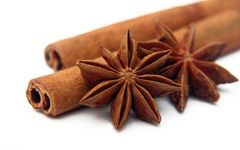Having discussed the dual supplementation of Yin and Yang and the treatment of both liver and kidney with Shan Zhu Yu (Cornus), and the five flavors of Wu Wei Zi (Schisandra), let us now talk about the commonly used herb, Rou Gui (Cinnamon).
Many people recognize Rou Gui primarily in the culinary field, used in dishes like braised meat, hot pot, stewed chicken, and duck, as it is a popular addition.
However, Rou Gui is not just a spice; it is also a very important traditional Chinese medicine (TCM) herb, known for its dual purpose as both food and medicine.
Rou Gui is spicy and sweet, with a warming nature, entering the heart, liver, spleen, and kidney meridians. Today, let us explore its specific effects.
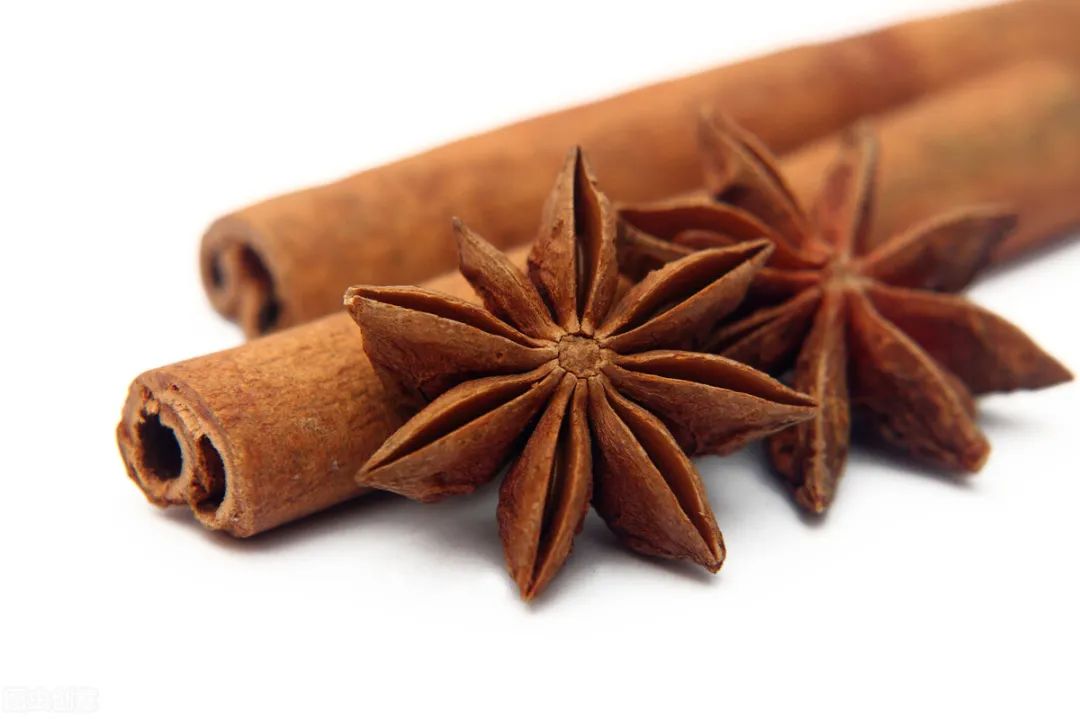
Rou Gui
Supplementing Fire and Aiding Yang
Rou Gui is spicy and sweet, with a warming nature, capable of warming kidney Yang and tonifying the spleen and stomach.
Those with insufficient kidney Yang often present with symptoms such as soreness and weakness in the lower back and knees, fear of cold, and cold extremities, with some even feeling cold in the summer.
Additionally, they may experience frequent urination with a large volume, referred to in TCM terminology as “Xiao Bian Qing Chang, Yu Li Bu Jin” (frequent clear urination with residual dribbling), especially at night when nocturia is particularly pronounced.
Other symptoms may include tinnitus, decreased hearing, forgetfulness, and insomnia.
Insufficient kidney Yang can also lead to poor fluid transformation, resulting in lower limb edema.
When the Yang of the spleen and stomach is deficient, consuming cold foods can lead to diarrhea, and when both spleen and kidney Yang are weak, it can result in early morning diarrhea.
Rou Gui can warm the fire of the lower burner, warm the spleen and kidney, supplement fire and aid Yang, and thus can dispel cold and warm the meridians, used for cold pain in the lower back and knees, cold extremities, frequent clear urination, forgetfulness, insomnia, and early morning diarrhea.
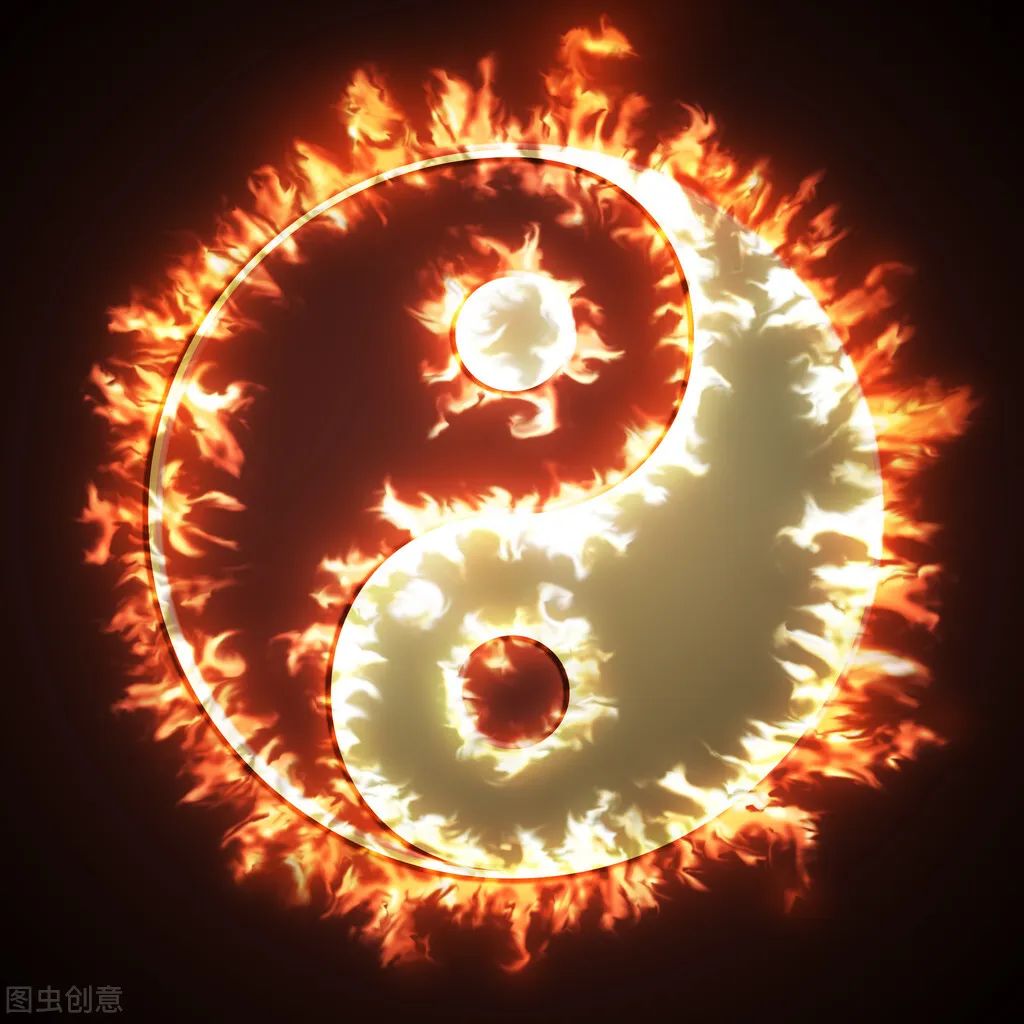
Upper Heat and Lower Cold
Some people find it strange that they experience diarrhea immediately after eating, and even in summer, they are afraid to put their feet in water.
However, they are also prone to symptoms of excess heat, such as frequent mouth ulcers, sore throats, swollen gums, and acne.
This is actually a manifestation of upper heat and lower cold.
For such individuals, taking heat-clearing herbs will often lead to a recurrence of heat symptoms within a few days.
Moreover, heat-clearing herbs are inherently cold, and since those with an upper heat and lower cold constitution are already sensitive to cold, consuming heat-clearing herbs will only exacerbate their condition.
If their hands and feet are cold but they wish to take warming herbs, they will find that heat symptoms will emerge.
In TCM, it is believed that when the middle burner is obstructed and the heart and kidney do not communicate, it results in the syndrome of upper heat and lower cold.
The heart resides in the upper burner and is associated with fire, while the kidney resides in the lower burner and is associated with water.
In a normal body, there is a balance of water and fire; the kidney water must rely on the fire of the Ming Men (Gate of Life) in the kidney to be vaporized upwards to nourish the heart fire. If kidney Yang is insufficient, it cannot send kidney water upwards to moisten the heart fire, leading to symptoms of excess heat in the upper burner. At the same time, the heart fire cannot descend to the kidney to warm the kidney Yang, resulting in cold symptoms in the lower burner.
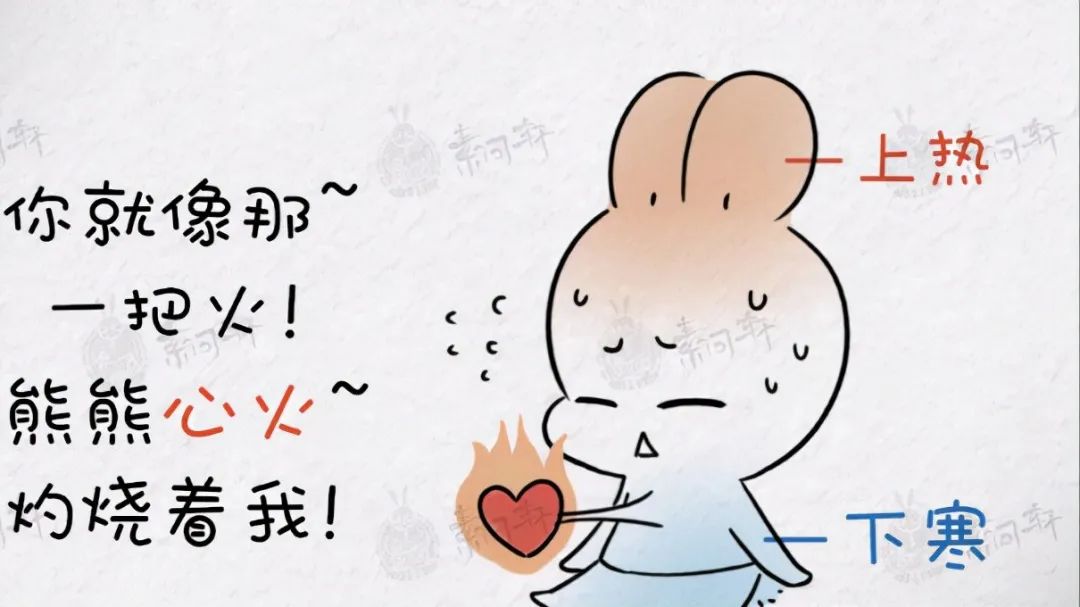
Rou Gui can guide fire back to the source and supplement kidney Yang.
What does this mean? It means that Rou Gui can draw the heat from the upper burner down to the kidney, which has two implications: first, the heat from the upper burner is drawn down, alleviating symptoms of excess heat; second, it supplements the Yang energy of the lower burner, alleviating cold symptoms. At the same time, under the influence of Yang energy, kidney water is vaporized to the heart, further balancing the heart fire.
Through this back-and-forth process, the balance of water and fire is restored, alleviating the syndrome of upper heat and lower cold.
However, treating this syndrome of excess heart fire and insufficient kidney Yang cannot rely solely on Rou Gui.
If someone claims that Rou Gui alone can treat upper heat and lower cold, let them try it and see if their heat symptoms improve or worsen.
Thus, Rou Gui is often used in conjunction with Huang Lian (Coptis) to treat upper heat and lower cold. Rou Gui is warming and can guide fire back to the source, supplementing fire and aiding Yang; Huang Lian is bitter and cold, capable of clearing heart fire. The combination of heat and cold can harmonize the heart and kidney, alleviating upper heat and lower cold.
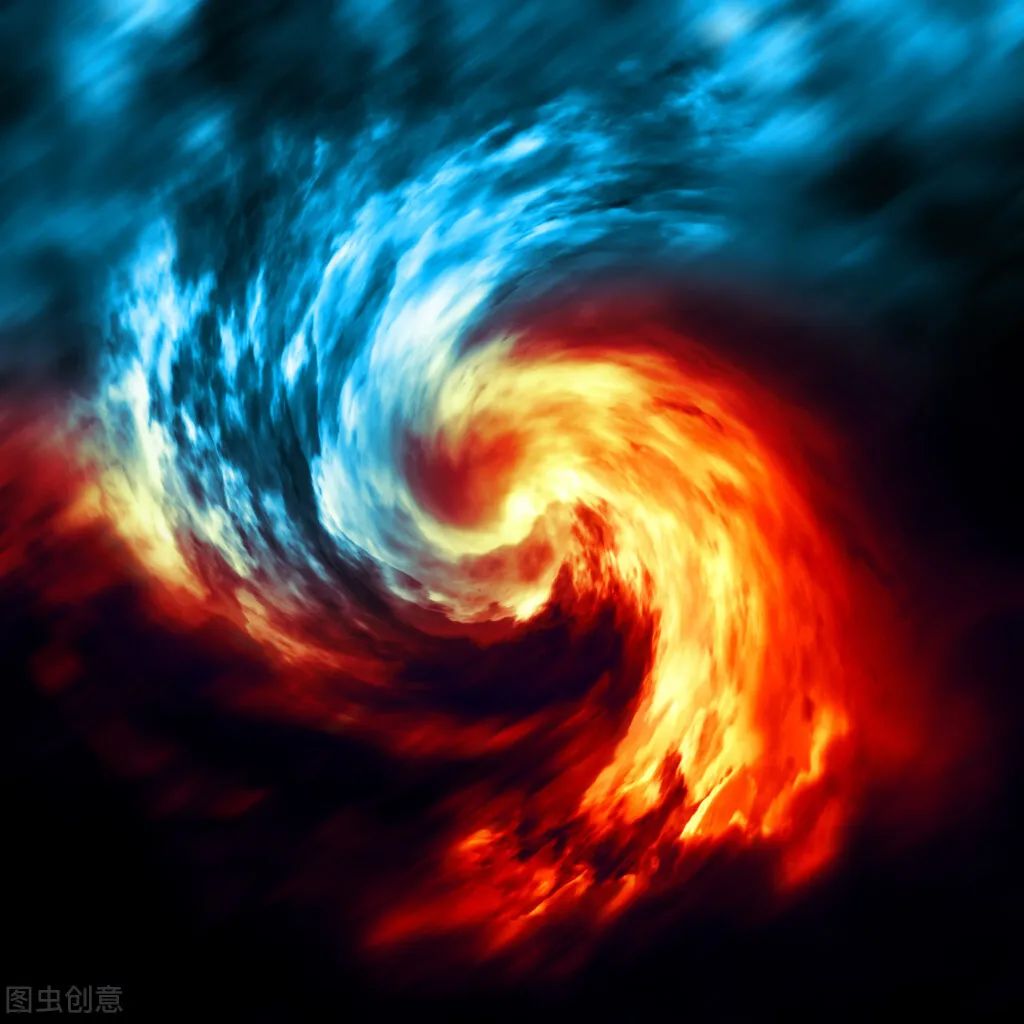
In summary, Rou Gui can supplement fire and aid Yang, guide fire back to the source, dispel cold and relieve pain, and warm the meridians and open the channels. Overall, it is warming; it should not be used alone for excess heat caused by Yin deficiency or real heat. Additionally, TCM treatment should always be based on dialectical reasoning; this article aims to provide simple medical theories to help the public better understand the causes of certain diseases, and it should not be taken as a guide for medication. Self-medication is strongly discouraged.
Note: Some text and image resources in this article are sourced from the internet. The purpose of sharing this article is to convey more information. If there are any errors in source attribution or infringement of your legal rights, please notify us immediately, and we will promptly delete it and apologize.
Recommended Articles

